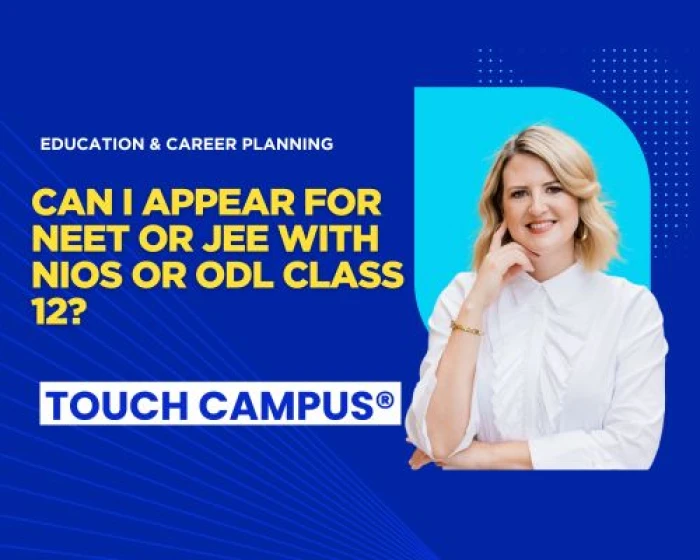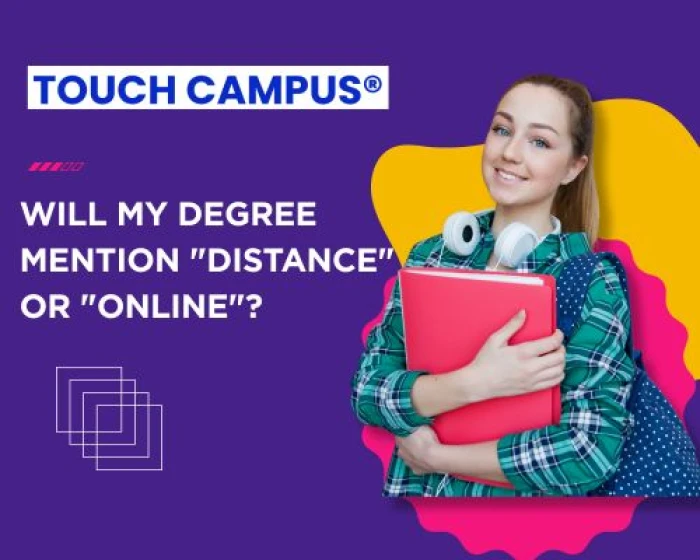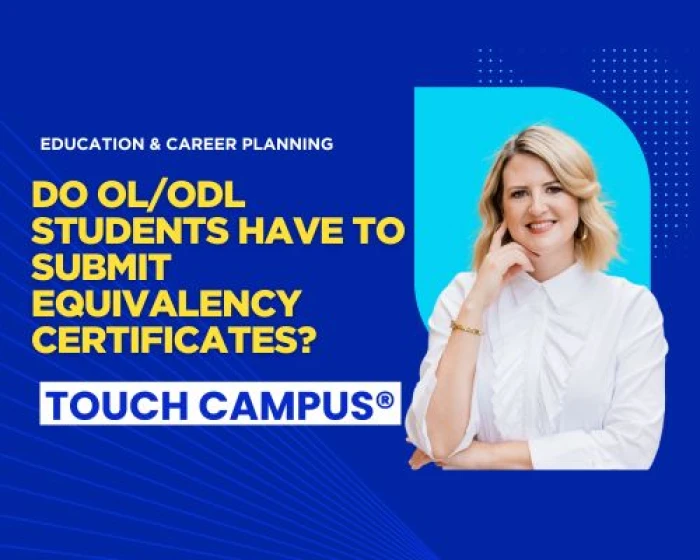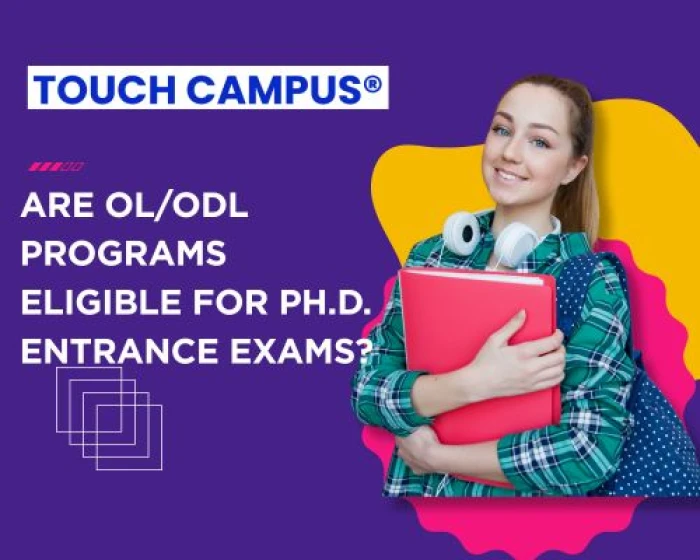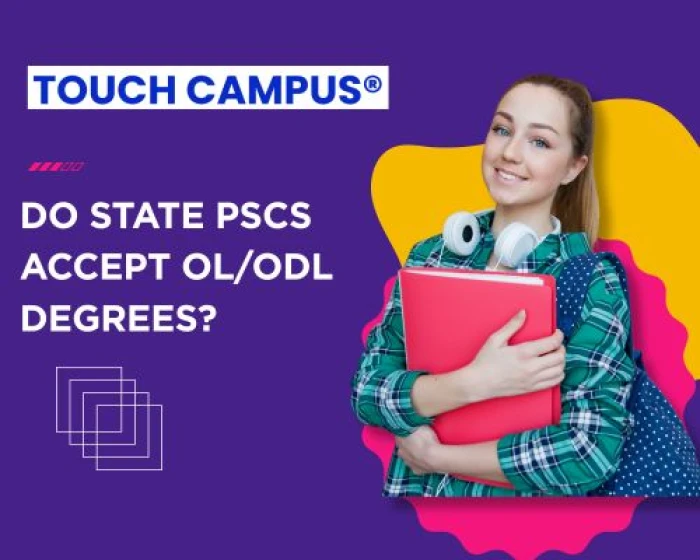Blog Body:
Education has evolved beyond chalk and board—and blended learning is a perfect example of that transformation. It combines the best features of traditional classroom learning with the convenience of online education, offering students more control over how, when, and where they learn.
Whether you’re a student preparing for exams or a working professional upgrading your skills, blended learning can offer a smart and flexible way forward.
? What Is Blended Learning?
Blended learning is a teaching method that mixes face-to-face classroom learning with online learning components. The goal is to create a more engaging and personalised learning experience.
In simple words, it’s about watching a lecture online and then going to class to discuss it. Or, attending classes while also using online tools and platforms for assignments and extra practice.
? Key Features of Blended Learning
Flexibility – Learn at your own pace and convenience
Interactive Learning – Combines videos, quizzes, assignments, and discussions
Better Engagement – Keeps students interested with multiple formats
Personalized Learning – Adapt content to suit different learning styles
Real-Time Feedback – Instant assessments via digital tools
?? Common Blended Learning Models
Here are a few popular formats:
Flipped Classroom – Watch lectures online, then engage in problem-solving in class
Rotation Model – Students alternate between online sessions and teacher-led sessions
Self-blend Model – Students choose to supplement traditional classes with online courses
Enriched Virtual Model – Occasional face-to-face sessions with mostly online learning
?? Relevance in the Indian Context
Blended learning is becoming increasingly important in India, especially after the pandemic. Many universities, coaching centres, and schools have adopted this approach.
Some examples include:
EdTech platforms like BYJU’S, Vedantu, and Unacademy
UGC & AICTE guidelines encouraging digital integration in higher education
NEP 2020 promoting flexible, tech-enabled education for all learners
? Who Can Benefit from Blended Learning?
Blended learning is ideal for:
College students who need flexibility with internships or part-time jobs
Working professionals who want to learn while managing their job
School students who prefer digital tools along with classroom learning
Teachers and trainers who want to make their classes more engaging
✅ Final Thoughts
Blended learning is here to stay. It bridges the gap between traditional learning and modern digital tools, offering the flexibility, depth, and personalization that today’s learners need.
If you're looking for a smart, adaptable, and future-ready way to study, blended learning might be the perfect path.

